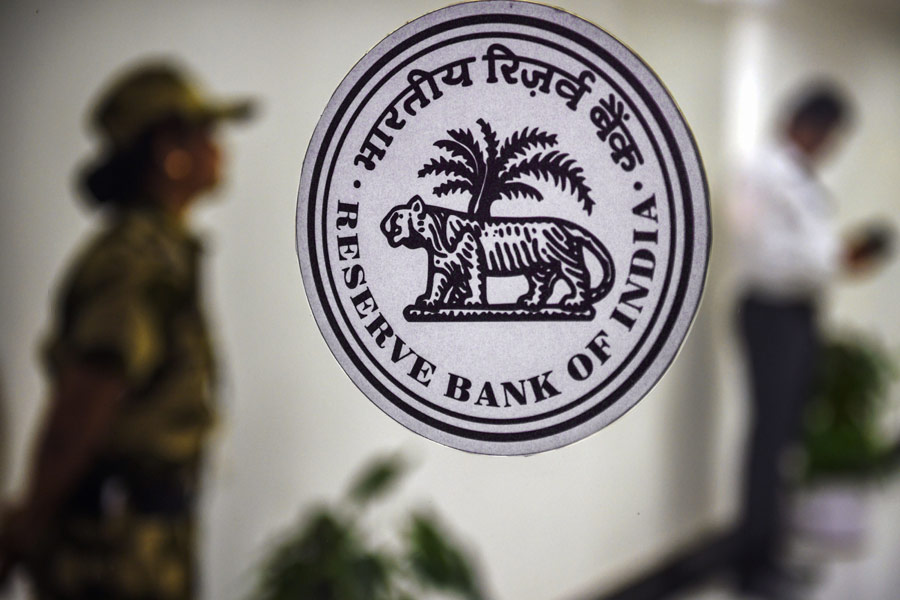Customers of banks will now be permitted to name up to four nominees to their accounts instead of one earlier.
The account holder will be allowed to clearly define the proportion in which all sums in his bank account should be distributed among his nominees after his death.
The new legislation, which will need to be debated and passed by the House, says that the nomination must cover “the whole amount of the deposit”, and “explicitly state the proportion of amount of deposit in percentage in favour of each nominee”.
But here is the catch: if one of these nominees dies and is not around to receive the sum, the nomination in respect of this person will become “ineffective”.
In such a case, “the amount of deposit ….nominated in favour of the deceased nominee…shall be treated as if (the) nomination had not been made in respect of that portion of the deposit”.
The Banking Laws (Amendment) Bill 2024 – which was tabled in the Lok Sabha on Friday – is one of the most comprehensive attempts to amend a stack of banking legislation relating to the Reserve Bank of India, the State Bank of India, and a separate law that governs the working of 12 public sector banks, 22 private sector banks, 44 foreign banks and a host of cooperative banks that make up the country’s banking industry.
The amendments in the provisions leave an element of opacity — and therefore confusion — over the manner in which the sums will be distributed among the remaining nominees if one of them isn’t around to stake his claim.
Banking industry sources said that while there would be certain advantages to having multiple nominees, more clarity is awaited from the regulator to tackle some practical problems once the bill is passed.
“An issue that we are facing today is that there could be multiple claimants to
an individual’s account after his demise. So, with multiple nominees an individual will be able to select the proportion in which the nominees will get the deposit amount,” a bank official said.
Banking industry observers said the new legislation could not possibly cover all exigencies, and special situations that arise will be addressed in rules, circulars and the RBI’s manual on standard operating procedures that apply to all banks.
The new law says the owner of a bank locker can also name up to four nominees who will be entitled to receive its contents after the customer passes away.
The bank customer has the right to name his four nominees either “successively” or “simultaneously”.
In the first case, the “nomination shall be effective only in favour of one person in the order of priority specified.”
The nomination of the first nominee shall be effective if that person survives the bank customer who made the nomination. “The nomination of the second nominee shall become effective only after the death of the first nominee.” The nomination of those lower down the pecking order will become effective only after the death of those ranked higher.
In the case of “simultaneous nominations”, the new law says the “nomination shall be effective in favour of all such persons in proportion to which it is declared.”
Banks have often been pitch forked into squabbles between warring claimants to sums in the accounts of deceased parents and other relatives, and the legislative amendments make it clear that the government intends to insulate banks from an unnecessary obligation to play the arbiter in such disputes.
There have been where a nominee may not be a legal heir, complicating the disputes.
Bankers also foresee some practical challenges. In case of multiple nominees, if one nominee becomes a NRI or if one nominee does not claim the amount after the demise of the account holder, there is lack of understanding on how his proportion would be treated.
“We don’t know how the account with the remaining deposit amount will be treated and whether it can be classified as inoperative,” the official said.
“We have to wait for the RBI directive,” he added.










